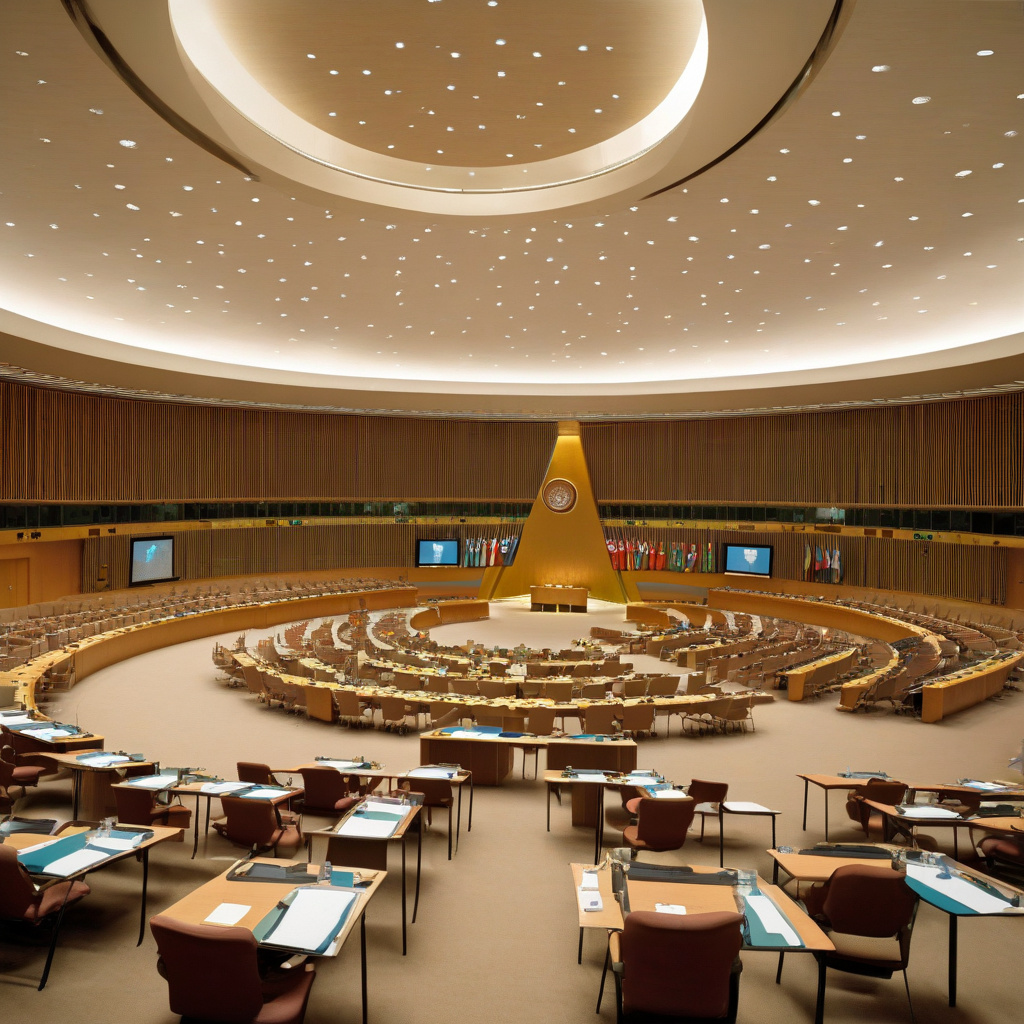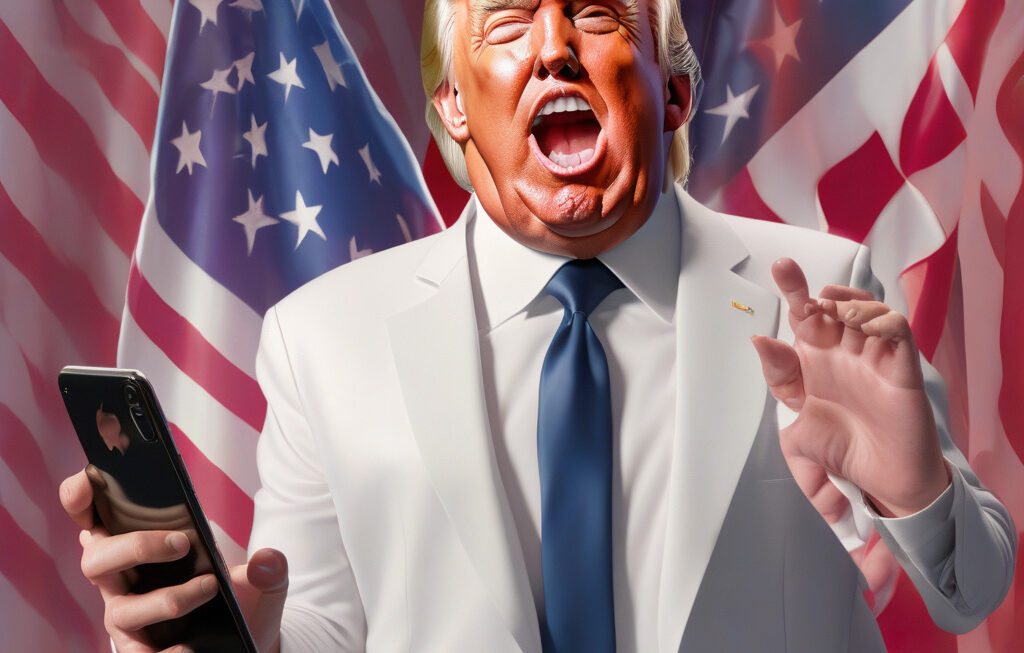UN Prepares for Possible Shifts in US Financial Contributions
As the UN braces for possible funding upheavals, the future of global cooperation could hinge on decisions unfolding quietly behind closed doors in Washington. The United Nations, an organization that plays a pivotal role in addressing global challenges, relies heavily on financial contributions from its member states. Among these contributions, the funding from the United States stands out as one of the most significant.
The US has been a key financial contributor to the UN for decades, providing substantial support for various programs and initiatives aimed at promoting peace, security, and development worldwide. However, recent geopolitical shifts and changing priorities in Washington have raised concerns about the future of US financial contributions to the UN.
The Trump administration, known for its skepticism towards multilateral organizations, made significant cuts to US funding for the UN during its tenure. The decision to withdraw from the World Health Organization (WHO) and the United Nations Educational, Scientific and Cultural Organization (UNESCO) sent a strong message about the administration’s stance on international cooperation.
With the new Biden administration in office, there is cautious optimism about a potential shift in US policy towards the UN. President Biden has expressed his commitment to reengaging with the international community and restoring US leadership on the global stage. This shift in rhetoric has raised hopes that the US may reconsider its funding priorities and increase its financial support to the UN.
However, uncertainties remain about the future of US financial contributions to the UN. The ongoing debates over budget allocations in Congress and competing domestic priorities pose challenges to maintaining current funding levels for international organizations. As the UN prepares for possible shifts in US financial contributions, it is exploring alternative sources of funding and cost-saving measures to mitigate the potential impact of funding cuts.
One of the key strategies being considered by the UN is diversifying its donor base to reduce reliance on any single country for financial support. By engaging with a broader range of member states, private sector partners, and philanthropic organizations, the UN aims to create a more sustainable funding model that is less vulnerable to fluctuations in contributions from any individual country.
Moreover, the UN is focusing on improving transparency and accountability in its financial management to build trust with donors and ensure that contributions are used effectively and efficiently. By demonstrating the impact of its programs and initiatives, the UN aims to attract continued support from existing donors and attract new partners to join its efforts.
In conclusion, the future of global cooperation at the UN could be shaped by the decisions unfolding in Washington regarding US financial contributions. While there are hopes for a more supportive stance towards the UN under the Biden administration, uncertainties persist about the level of funding the US will provide in the coming years. By diversifying its funding sources and enhancing transparency in its financial operations, the UN is striving to adapt to possible shifts in funding and continue its crucial work on the global stage.
UN, US, funding, global cooperation, financial contributions












